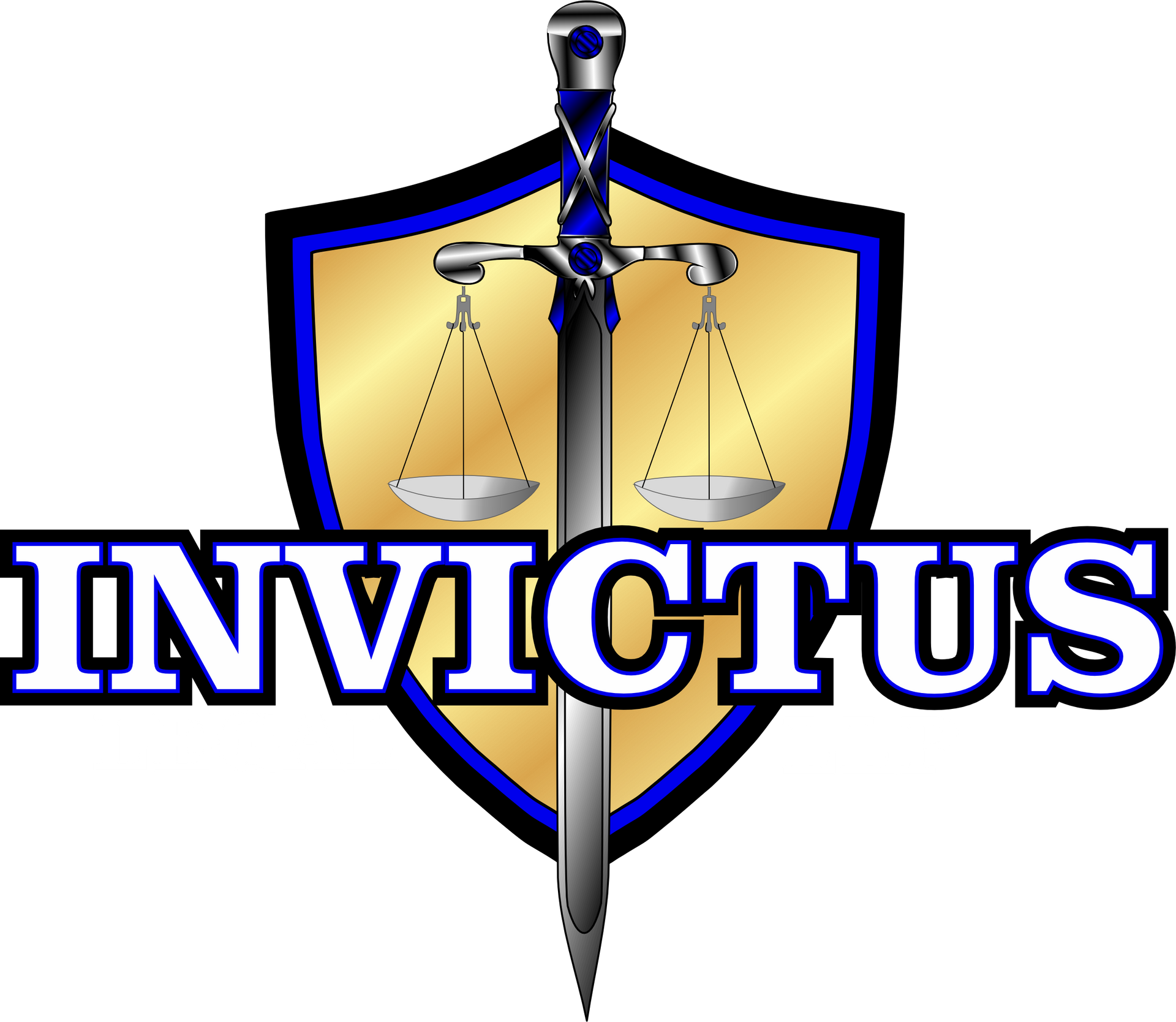Human Rights
What is the Ontario Human Rights Code?
Ontario’s Human Rights Code, the first in Canada, was enacted in 1962. Over the years, there have been many amendments, where several grounds were added, such as in 1985 (to bring equality rights in line with the Charter), as well as in 2007, with the passage of the Human Rights Amendment Act (Bill 107), which created the Human Rights Tribunal of Ontario, as being a direct access point to bring complaints and have them heard. Prior to this, only the Human Rights Commission was able to bring forward complaints to what was then called the Board of Inquiry. The change to direct access is helpful as it opens the doors to rights seeking persons and organizations to make direct claims and have them tried on their own merits.
The Code prohibits actions that discriminate against people based on a protected ground in a protected social area. The Code supercedes most legislation in Ontario and is binding on the government and its agencies (under provincial jurisdiction), as well as private parties, such as most employers and landlords. Protected grounds are:
1. Age;
2. Ancestry, colour, or race;
3. Citizenship;
4. Ethnic origin;
5. Creed;
6. Disability;
7. Family Status;
8. Marital Status (including being single);
8. Gender identity, gender expression;
9. Receipt of public assistance (for housing issues only);
10. Record of offences (in employment only);
11. Sex (which includes pregnancy and breastfeeding); and
12. Sexual Orientation

Protected social areas are:
1. Housing (which can include denying you rental accommodation, housing coop membership, or harassing you or treating you differently than others in your housing complex for any of the above prohibited grounds).
2. Contracts (not willing to do business with you because you happen to belong to a protected group, can work even in a self-employment situation if you are bidding on particular projects, etc.)
3. Employment (which can range from refusing to offer a job, refusing to interview you, refusing to promote you if you meet other qualifications, refusing or failing to accommodate your needs as a member of a protected group, treating you differently on the job than other employees are, firing you for reasons that might include discrimination on prohibited grounds, as well as various forms of sexual harassment or unwanted comments or jokes about your disability or race, sexual orientation, etc.)
4. Goods, Services and Facilities This category is fairly inclusive of many types of situations, ranging from gym memberships, education, health care, most public services (including how you are treated as a recipient of public assistance), among other services generally offered by the government, quasi-public or private bodies.
5. Membership in unions, trade or professional associations This would include how your union treats you, if you are having trouble getting licensed in a trade or profession, despite holding all relevant qualifications (other than being a part of a protected group). This impacts on your livelihood. Unions can be held to account for discrimination, for example, if there are discriminatory clauses in the collective agreements they have freely bargained with the employer. The Human Rights Code supercedes the collective agreement in most cases.
We make the point that the government at provincial and federal levels are bound under this legislation for a reason. (The federal government is bound under the Canadian Human Rights Act, which we also work within the office). Many government programs and services, for example, carry with them policies or requirements which can result in severely disadvantaging some people on prohibited grounds. There is a part of human rights law called adverse effect, meaning that a policy can be put in place in a government program, in a fitness facility, in a community college, or anywhere else that may not have been intentionally discriminatory but in fact, does disadvantage some people. These rights can be claimed in the same way as when somebody from these same places deliberately denies you access. Invictus Legal LLP has worked on many cases involving transit, social assistance, public housing, health care, health insurance, etc. and won at least partial victories for many. We will work with other legal professionals or rights-seeking organizations in putting their cases forward on these specific grounds to promote equity for everyone.
How does the Human Rights Tribunal of Ontario Work?
Employment and disability tend to make up over 50% of the total claims brought before the Human Rights Tribunal of Ontario, so we will use the example of a claim based on Employment to show how the Tribunal works.
I want to make a Human Rights claim
Are you a potential employee, a current employee or somebody who has been denied a job or a posting, harassed, denied a promotion, or even dismissed from a job, for reasons that appear to relate to your gender, sexual orientation, disability, racial or ethnic origin, religious practices or beliefs, or because you are pregnant or have made a claim to worker’s compensation?
Do you have a disability? Are you caring for an older or sick family member or have child care needs? Do your religious practices require some understanding from your employer? Your employer is required to offer accommodations up to a point of undue hardship.
You can make an Application with the Human Rights Tribunal of Ontario. Once an Application is filed with the Tribunal, the person or company you are making a claim against (called the Respondent) will be sent a copy by the Tribunal and given a certain period of time to respond. Once they do respond, you may file what is known as a Reply if the Respondent has raised new issues within the content of their Response to your original Application. This gives you a chance to give your side of the story from the new information provided.
Somebody Filed a Human Rights Claim Against Me (or My Business)
If you receive an application from somebody who is claiming you have violated their human rights in some way, the Tribunal will serve you or your business with a Form 1 – Application, which states what the allegations are against you and what the person filing the claim (known as the Applicant) wants you to do.
You do not have to do anything, but you do need to file a Response to the Application to give your side of the story. You also have the option to choose if you wish to participate in the Tribunal’s Mediation program, in an attempt to settle the case without the matter going to a Hearing.
Because Human Rights Law is complex and can have serious ramifications, it is always a good idea to consult with a legal practitioner that has experience in the human rights field. Angela Browne at Invictus Legal LLP can provide you with guidance, assist you with your Application or Response and become your legal representative for the whole process, up to and including the Hearing.
Inquiries can be sent by e-mail to ceo@legaladvocacy.ca or we can be reached at (905) 688-5598, ext. 201. Contact us!

